No longer 'catching up'
Updated: 2015-01-09 12:40
By Chang Jun and Lian Zi(China Daily USA)
|
|||||||||
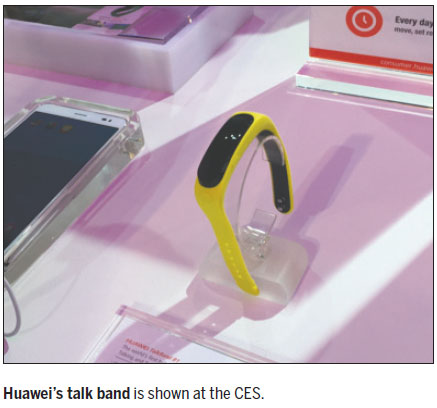
Connected devices
"As more consumers are using connected devices in their lives, the bigger demand is on device makers and carriers to create seamless if not more personalized experiences," said Cheng Lixin, chairman and CEO of ZTE USA.
"We are making significant improvements in user experiences through our consumer experience unit, and consumer interests will be at the heart of everything we imagine, build and deliver in 2015," Cheng said.
The Grand X Max+ is a 4G LTE (CAT4) Android smartphone packed with high-end components. The phone will be available at Cricket for $199.99.
"The ZTE Grand X Max+ is the latest example of how we listen to our consumers and apply our expertise to bring them premium experiences at affordable prices," said Cheng.
Lenovo, the world's largest PC maker, unveiled the 13-inch LaVie Z notebook, significantly lighter than Apple's 13-inch MacBook Air.
It also introduced Anypen, which would allow users to use any metallic object, such as a pen or pencil, even the blunt end of a fork, as a stylus on their tablet and PC devices.
ORBBEC, the Shenzhen-based producer of 3-dimensioned sensors, showcased products that can be widely applied into interactive displays, smart TVs, gaming, SD scanning, smart home automation, smart conference room and IoT.
"Although we started our business relatively late compared to our US counterparts, we are catching up in terms of products quality and affordability," said Howard Huang, founder and CEO of ORBBEC, who spent 10 years working at MIT's research lab with renowned scientists.
Huang said he is confident that his R&D team in China houses the most innovative minds in the 3-D sensor field.
To penetrate the already fierce competition in the consumer electronics industry, two Chinese companies decided to unite with US companies. TCL bought the Palm brand and Lenovo said it will start selling Motorola smartphones in China by the end of March.
TCL said it will create a new Palm in California's Silicon Valley, leveraging the talent and partnerships of the area.
"Palm has always carried a lot of emotions," the press release said.
"That's why TCL has set the direction to rebuild the brand involving Palm's very own community, making it the largest scale crowd-sourced project ever seen in the industry."
A long-expected strategic move by TCL, the Palm acquisition will help TCL diversify and expand in other areas, such as high-end smartphones, said TCL's CEO George Guo. Currently, Apple and Samsung occupy most of the market share for smartphones.
TCL acquired the name from Hewlett-Packard, which bought Palm in 2010 with the grand vision of utilizing its WebOS mobile operating system across many products. HP ultimately mothballed its consumer mobile ambitions.
Lenovo Group, the world's largest PC maker, confirmed at CES that it will sell Motorola phones in China in the first quarter of 2015, following a Motorola market absence of more than two years.
The Moto X will be sold in February, with the Moto X Pro and Moto G to be sold later on. Lenovo purchased Motorola Mobility from Google Inc for $2.9 billion in October.
Contact the writers at junechang@chinadailyusa.com and zilian@chinadailyusa.com
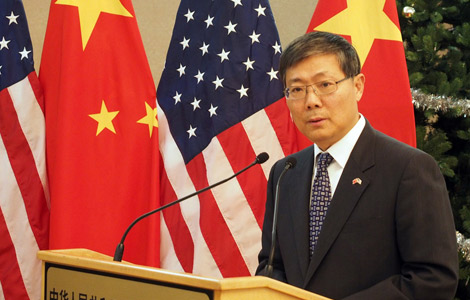
 Across America Over the Week (Jan 2-Jan 8)
Across America Over the Week (Jan 2-Jan 8)
 No longer 'catching up'
No longer 'catching up'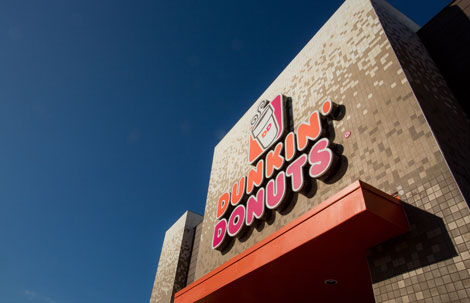
 Dunkin' Donuts to open 1,400 outlets in China
Dunkin' Donuts to open 1,400 outlets in China
 Air China's new Boeing 747-8 lands
Air China's new Boeing 747-8 lands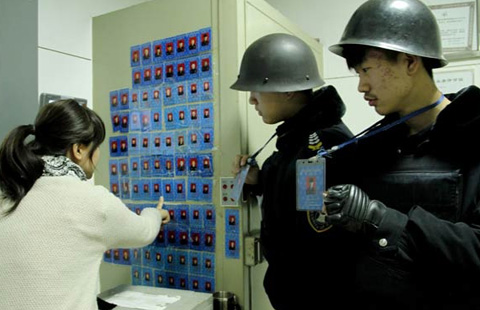
 Escort security guards: risky profession
Escort security guards: risky profession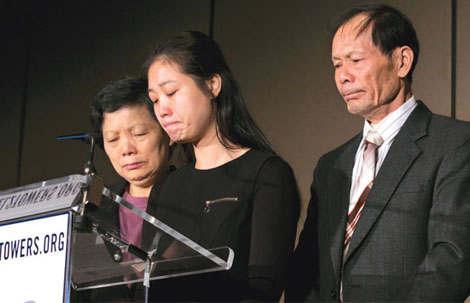
 Fund to pay slain officers' mortgages hits goal
Fund to pay slain officers' mortgages hits goal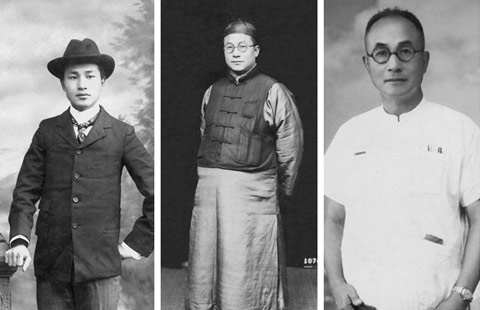
 Changing costumes over 60 years in China
Changing costumes over 60 years in China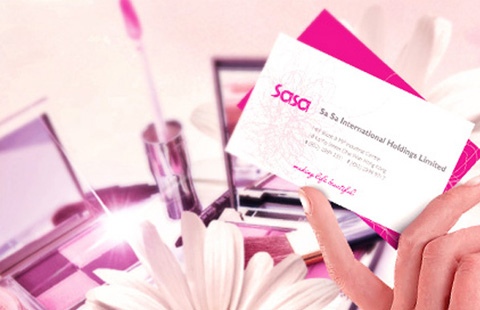
 9 websites that provide 'haitao' service in China
9 websites that provide 'haitao' service in China
Most Viewed
Editor's Picks

|

|
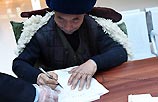
|

|
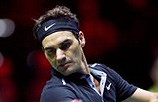
|
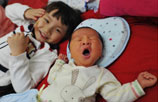
|
Today's Top News
6 dead in Paris siege, female suspect wanted
Shooting in Texas leaves 2 dead, 1 injured
Dunkin' Donuts to open 1,400 outlets in China
Firm can get past meat scandal: experts
China snaps up more iPhones than US
'Hello Moto' again in China
Chinese rank US among top three popular destinations
China's December PPI down 3.3%
US Weekly

|

|








